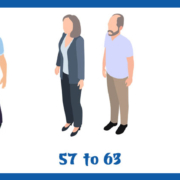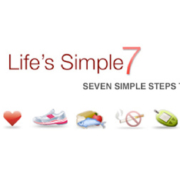Research on Health and Apple Cider Vinegar
Watching more television than usual means I’m seeing more commercials than I’m used to seeing. It’s time to take a look at some dietary supplements that make health claims in television commercials. I’m going to focus on the science behind any claims being made on the product label or on the product’s website to see if they pass the FDA regulations. The product claims are worded as the FDA suggests; the question is whether the science is substantial enough to make the type of claims the FDA allows.
The first product is Goli, an apple cider vinegar (ACV) gummy supplement. The website makes claims about weight loss, appetite control, blood sugar control, energy, immune function, detox, gut health, skin, and heart health. I chose to examine heart health.
The company used three studies to support the claim. The first examined the use of 750 and 1,500 mg of ACV in a drink. The results showed no clear pattern of benefit although triglycerides went down. The second study compared a group using ACV plus calorie reduction with a control group that had no intervention; in this case, the restricted calories could explain any benefits. Finally, they used data from the Nurses Health Study that reported better heart outcomes in women who used oil-and-vinegar salad dressing. The focus of that research was on the type of oil, not the type of vinegar.
Based on the FDA Guidelines, claims cannot be made from research that uses an ingredient in food as the substantiation for a benefit from a dietary supplement. I checked the research on several of the other claims they made and the research they used, and I came to the same conclusion. They may be very tasty gummies, but the research does not appear to support the claims they make. But if you want to take a gummy or two to reduce your appetite, our grandson Riley recommends sour gummy worms. Just FYI.
What are you prepared to do today?
Dr. Chet
References:
1. Guidance for Industry: Substantiation for Dietary Supplement Claims Made Under Section 403(r) (6) of the Federal Food, Drug, and Cosmetic Act. https://bit.ly/2QLDRa2
2. Biosci, Biotechnol, Biochem. 2009; 73(8):1837-1843.
3. https://doi.org/10.1016/j.jff.2018.02.003.
4. Journal of the American College of Nutrition, 2001; 20:1(5-19).









